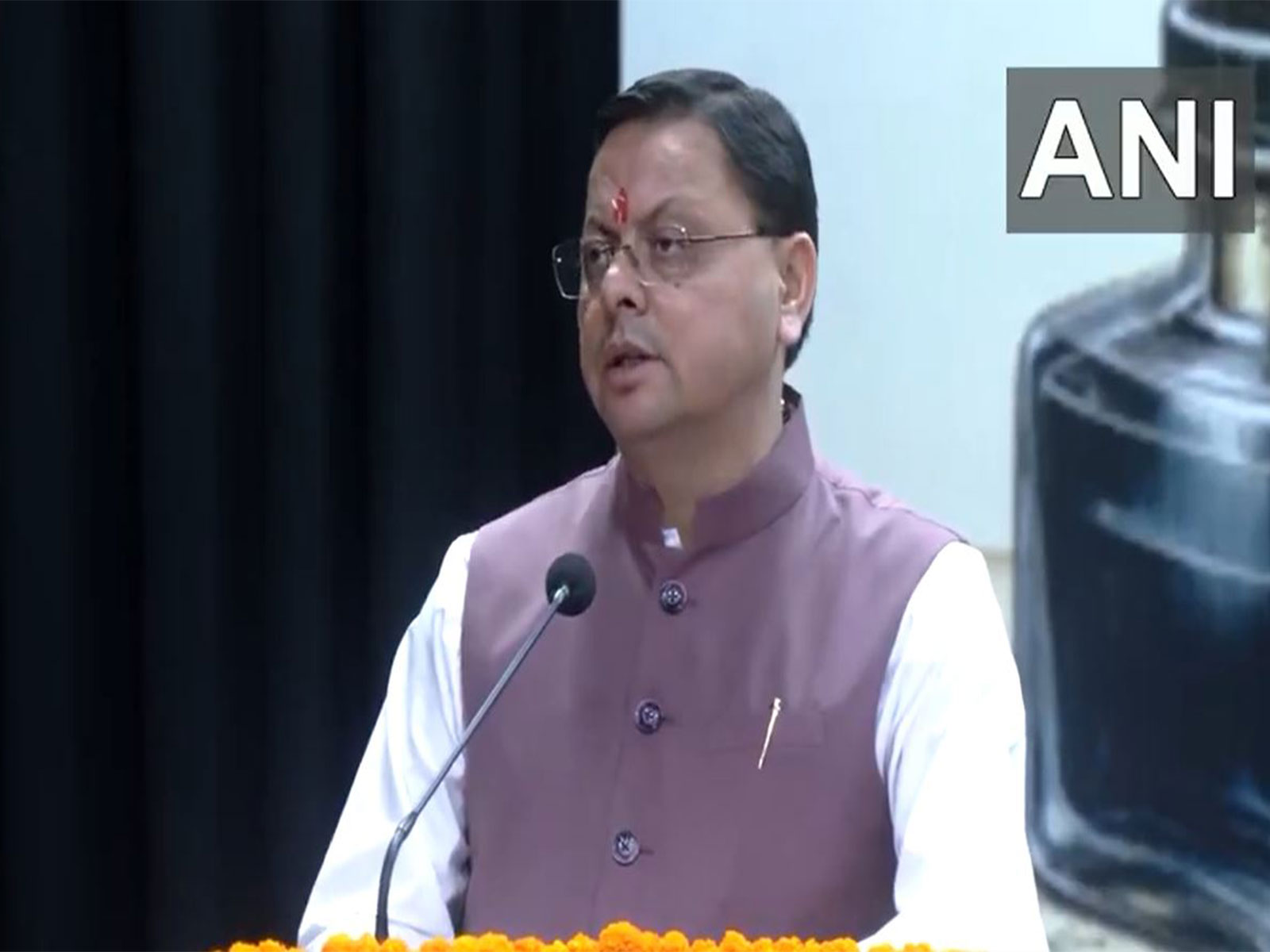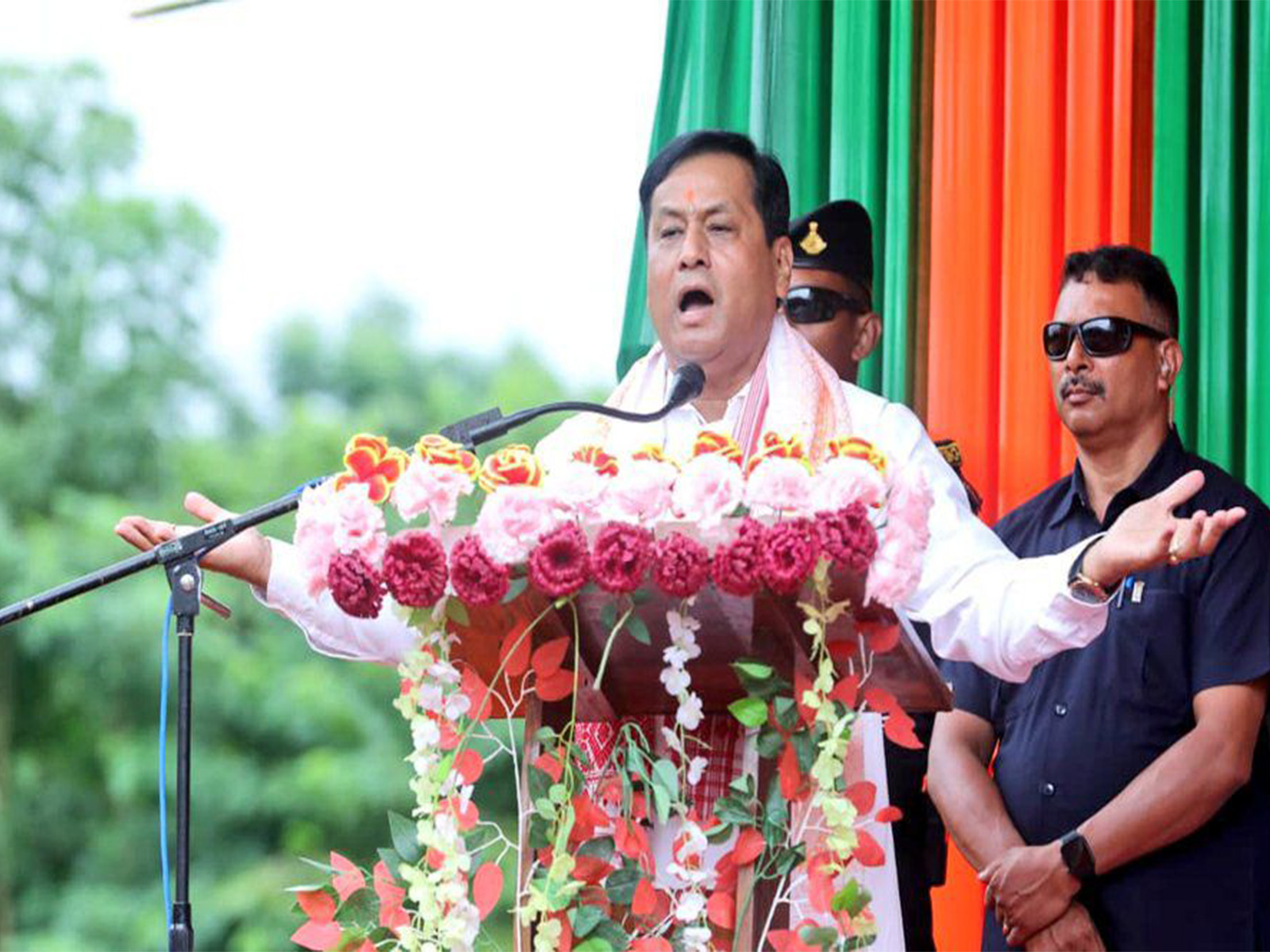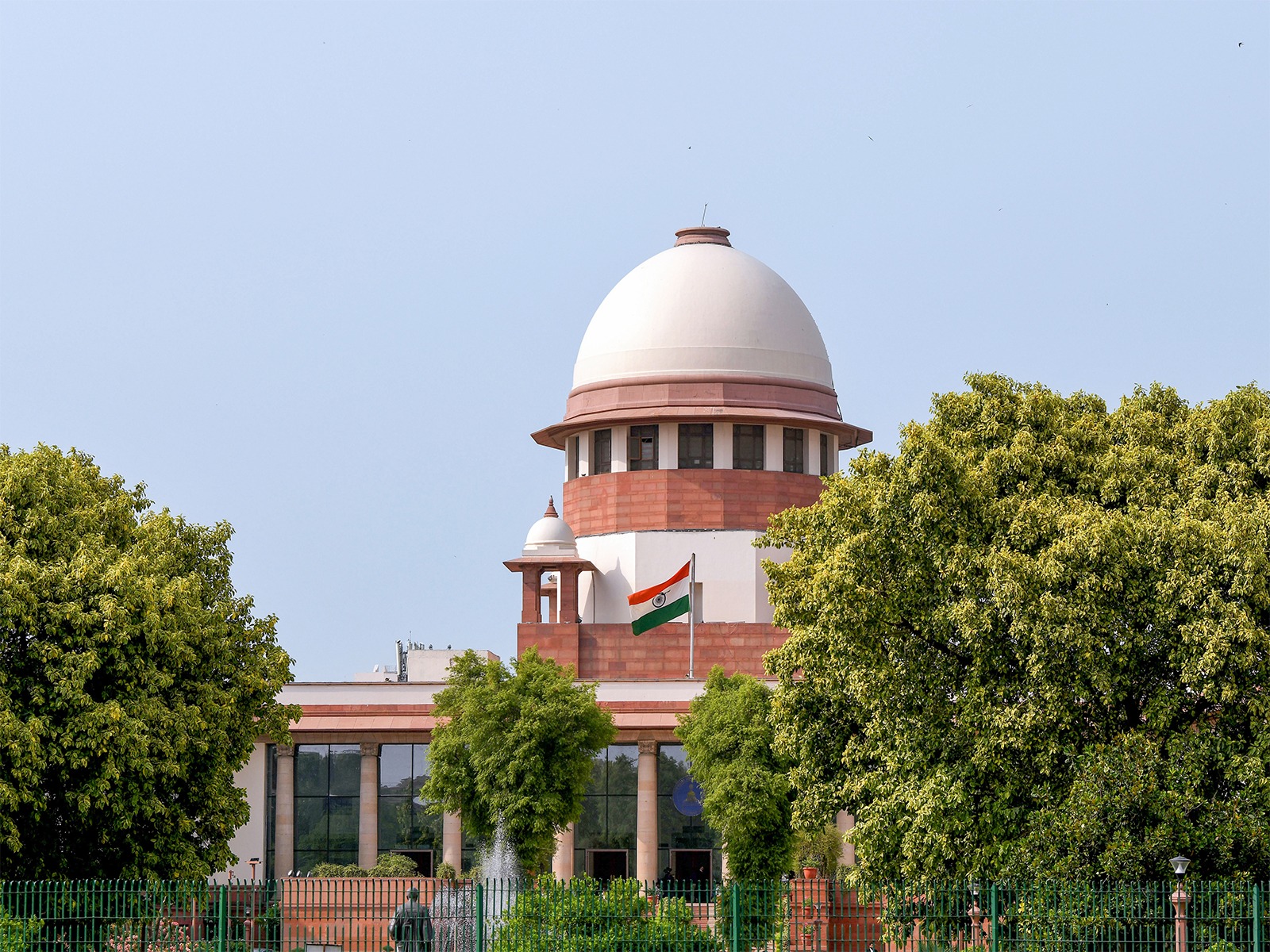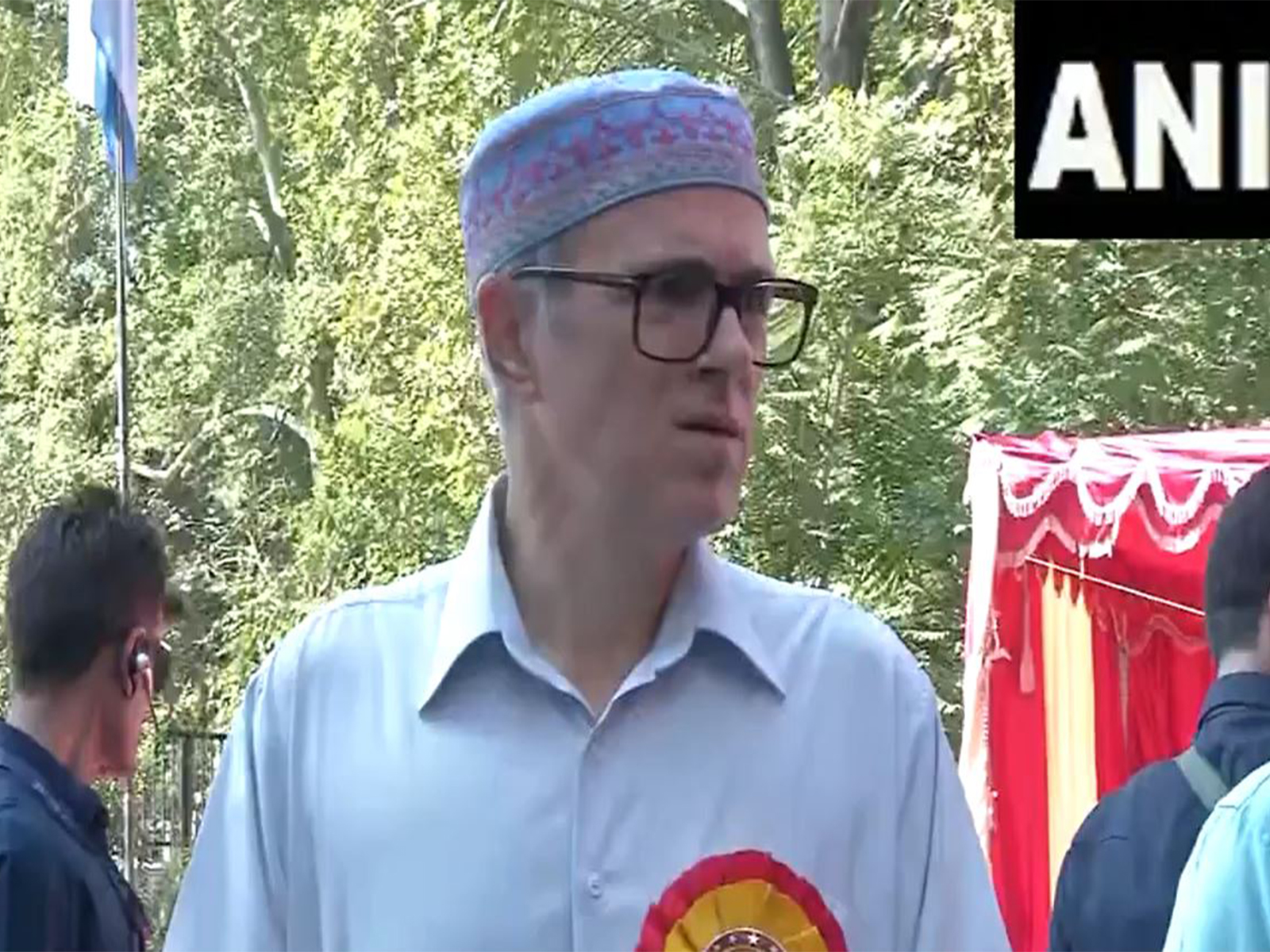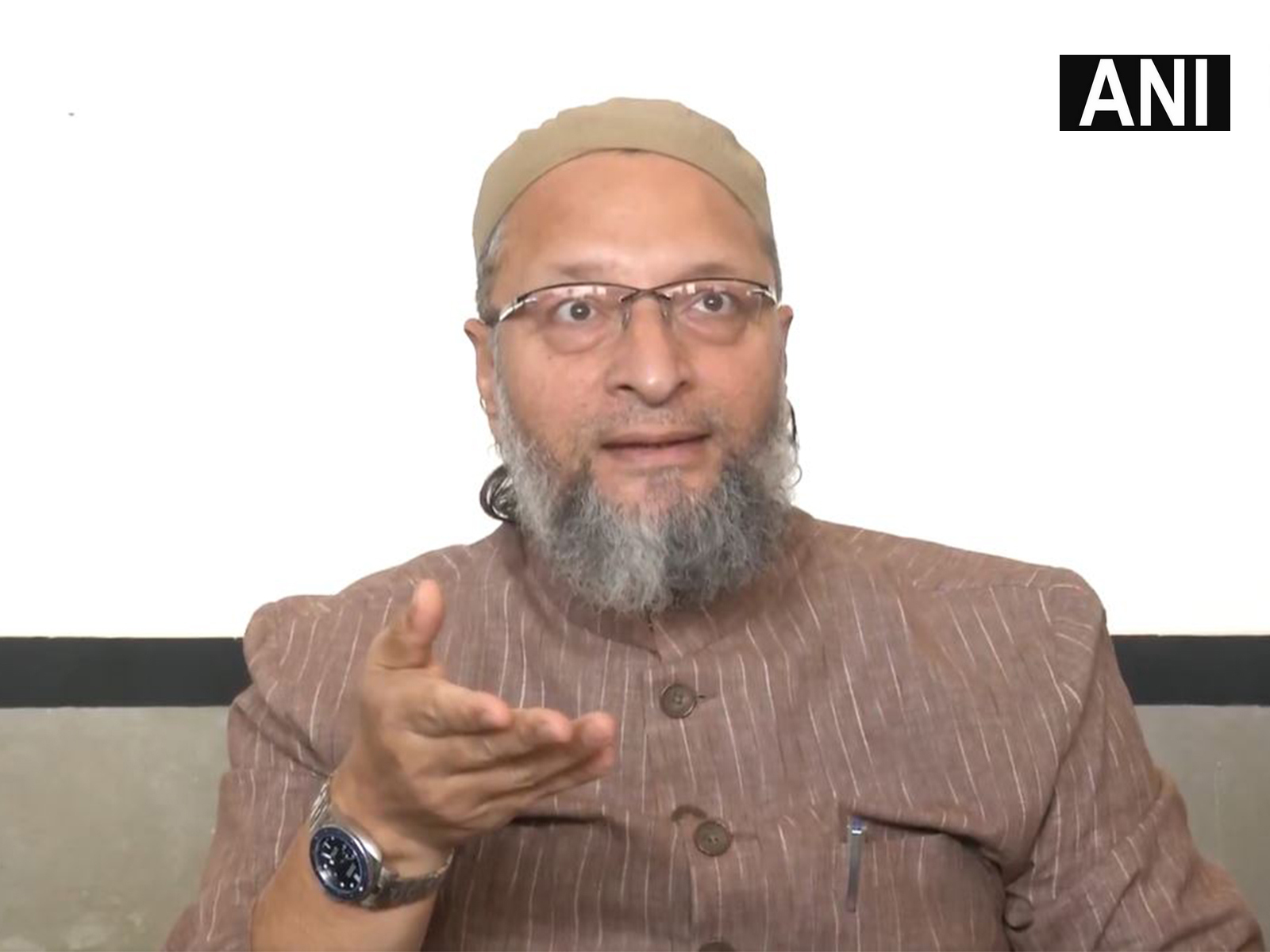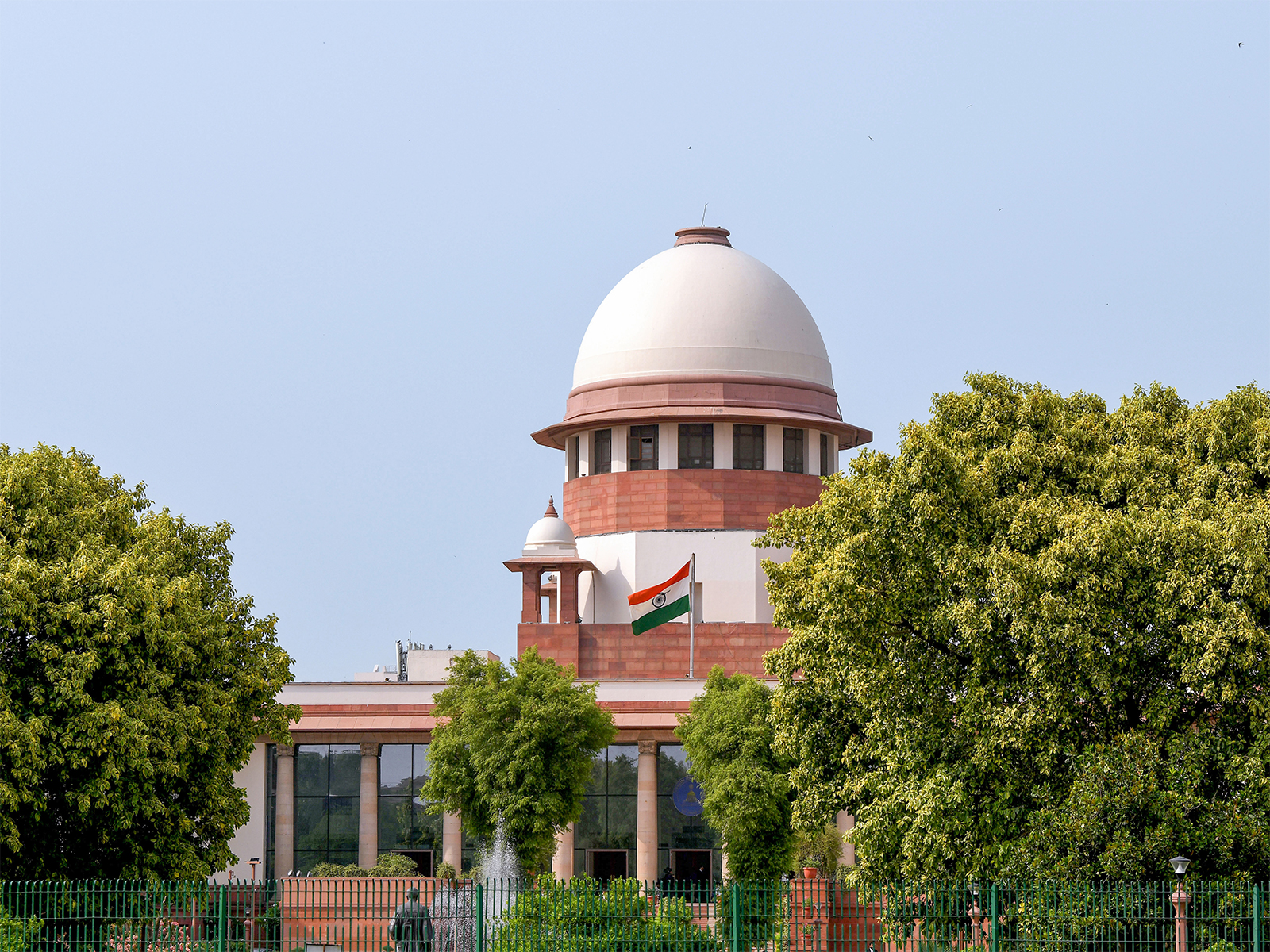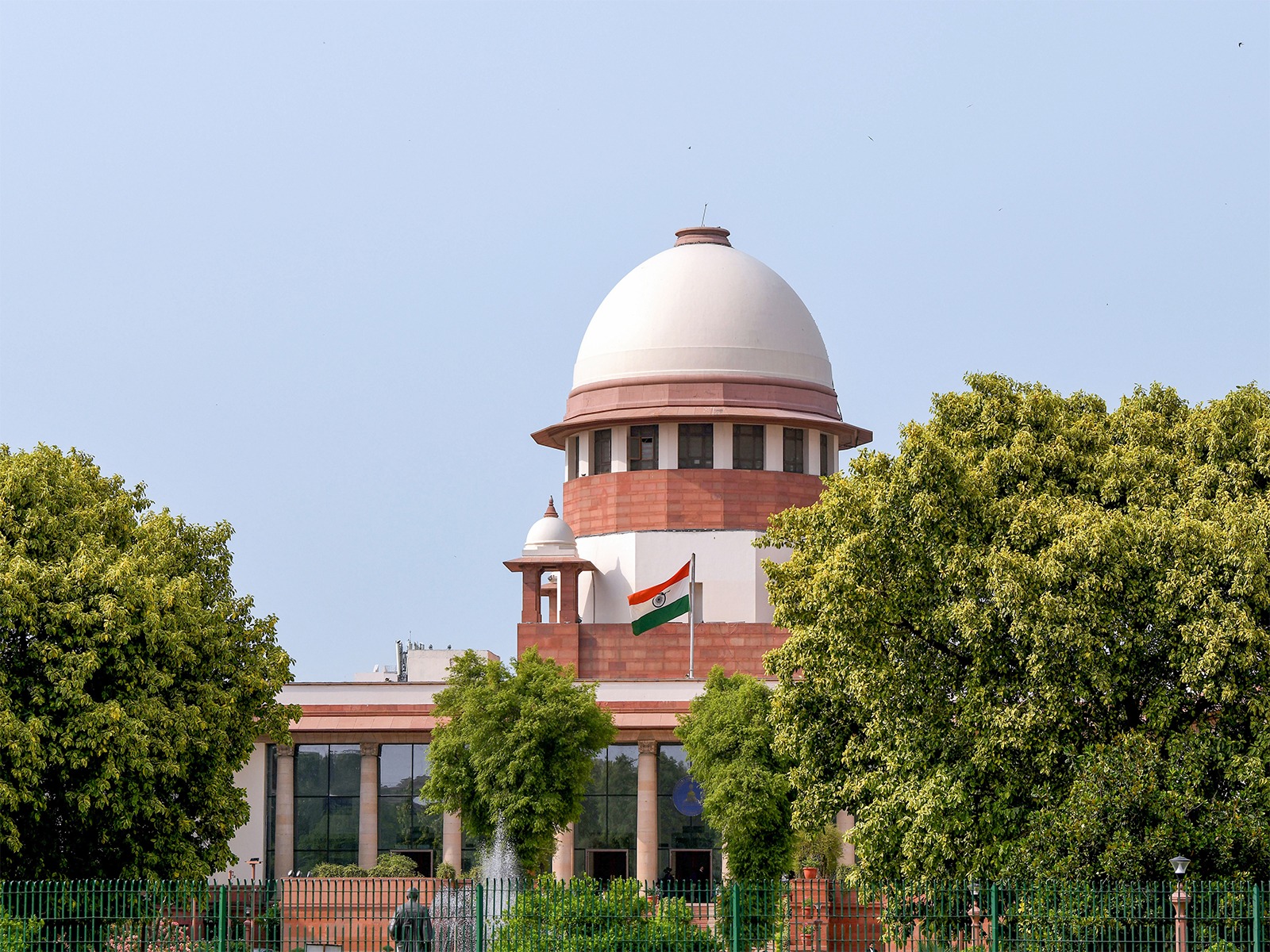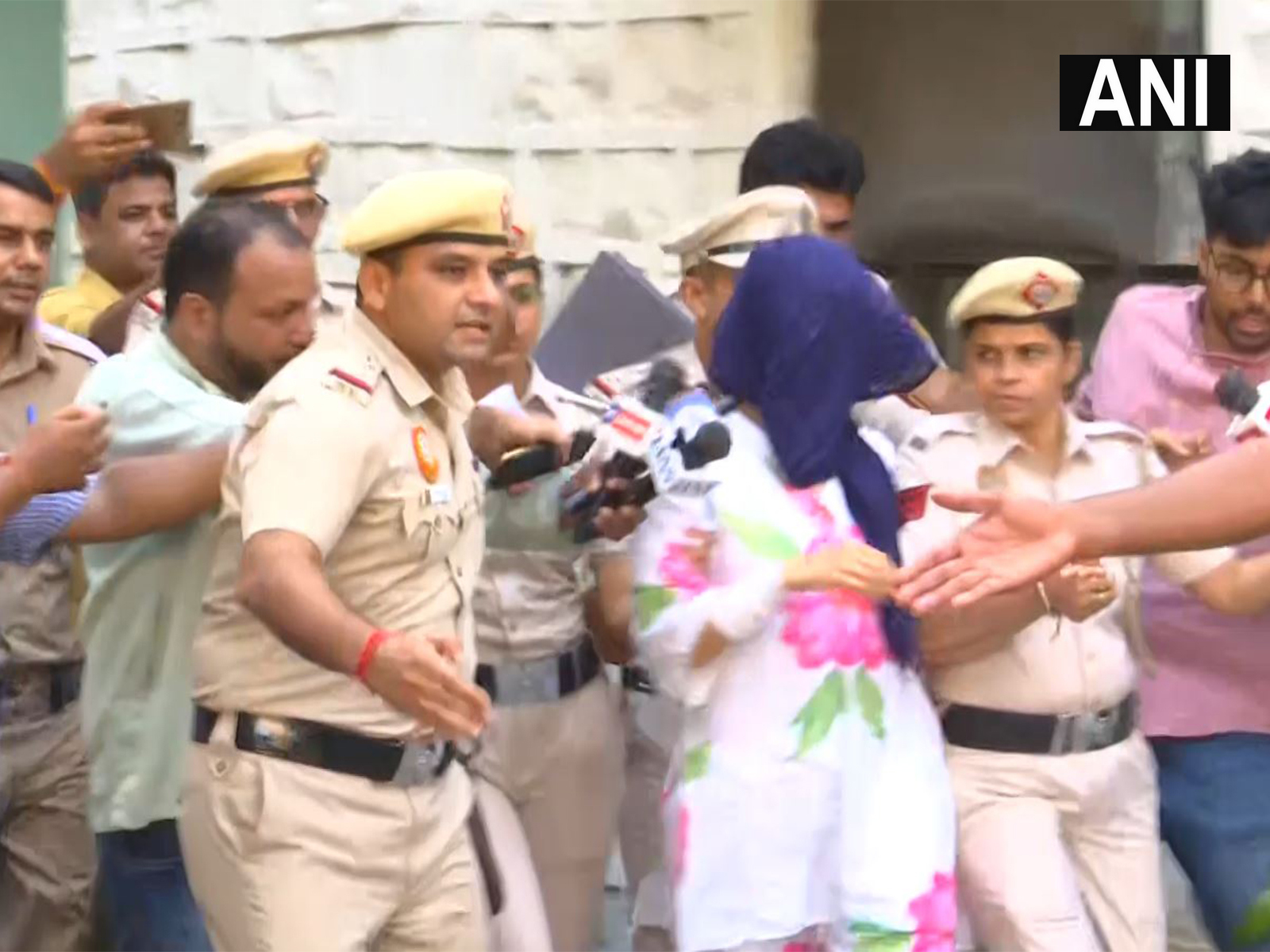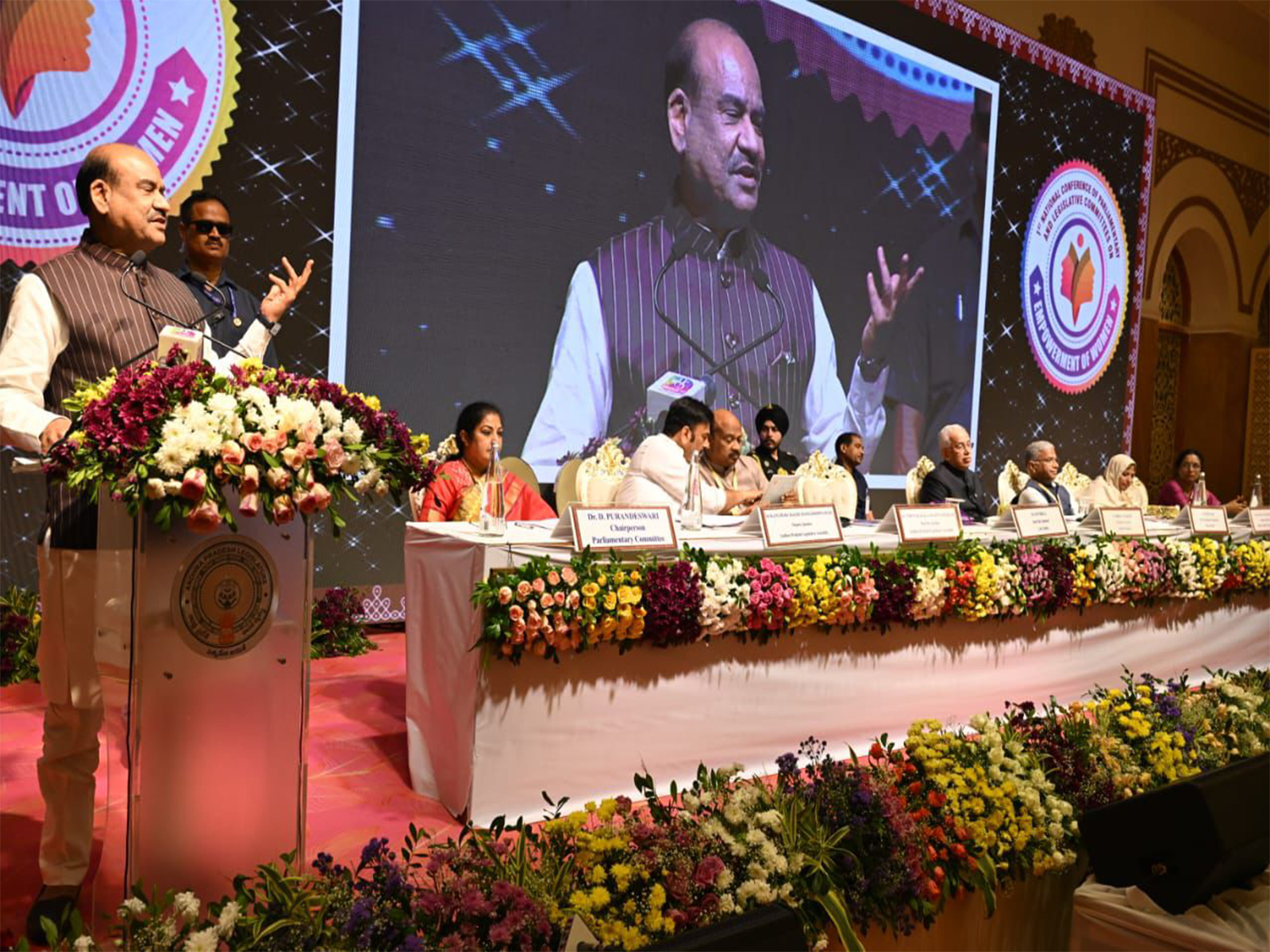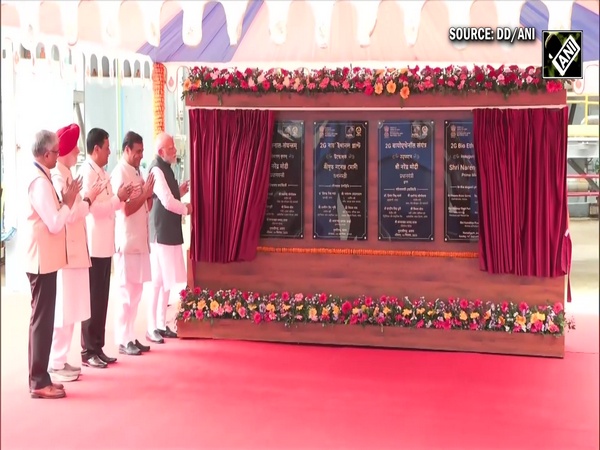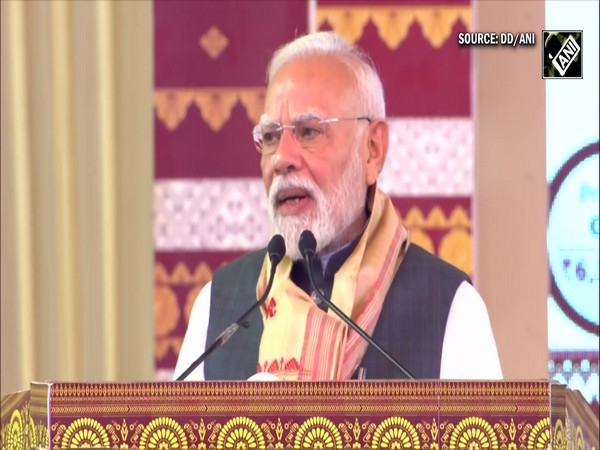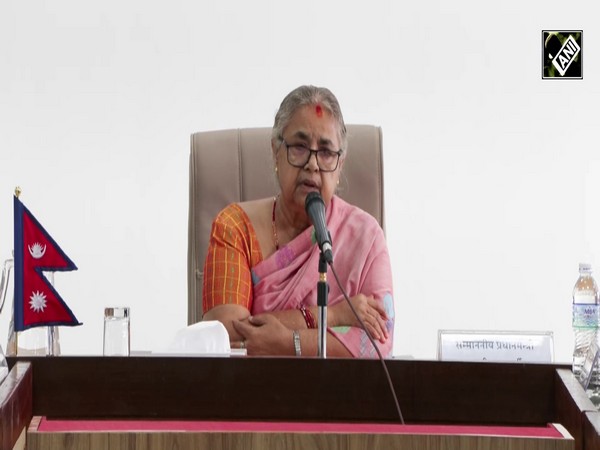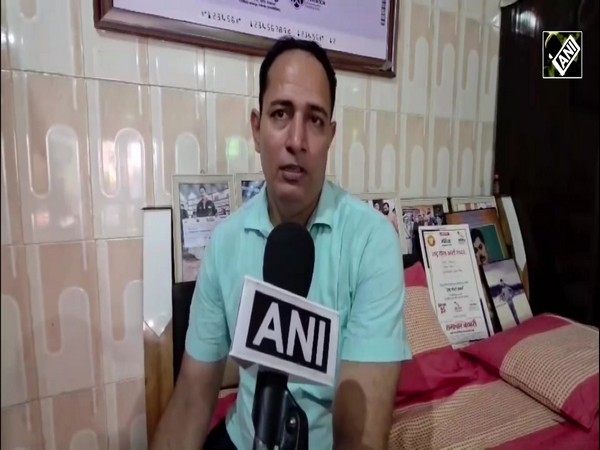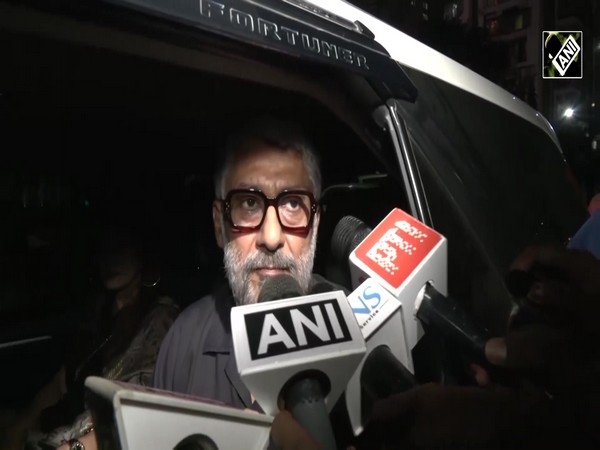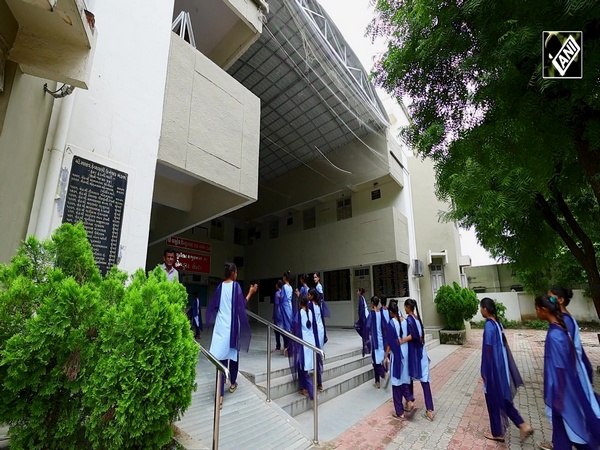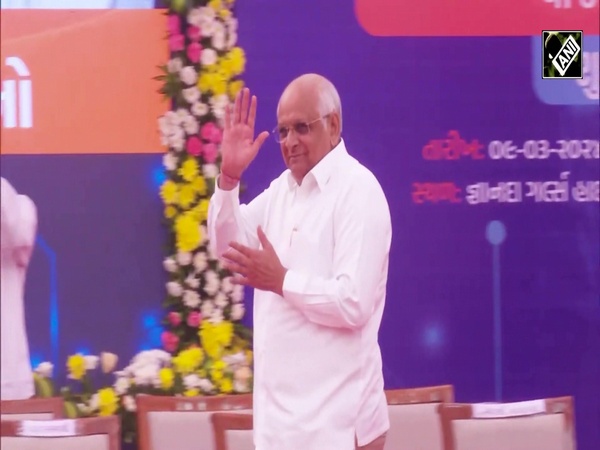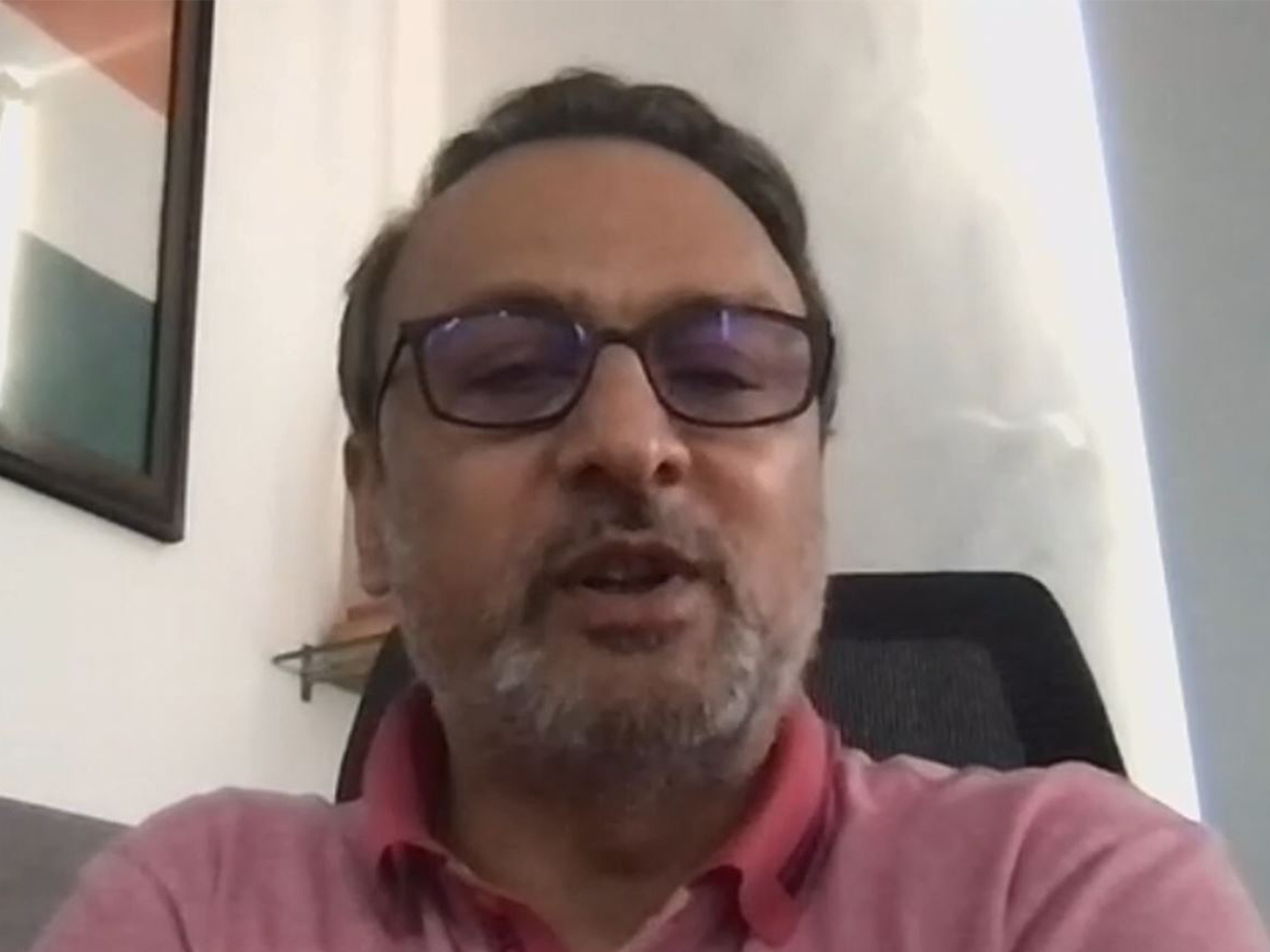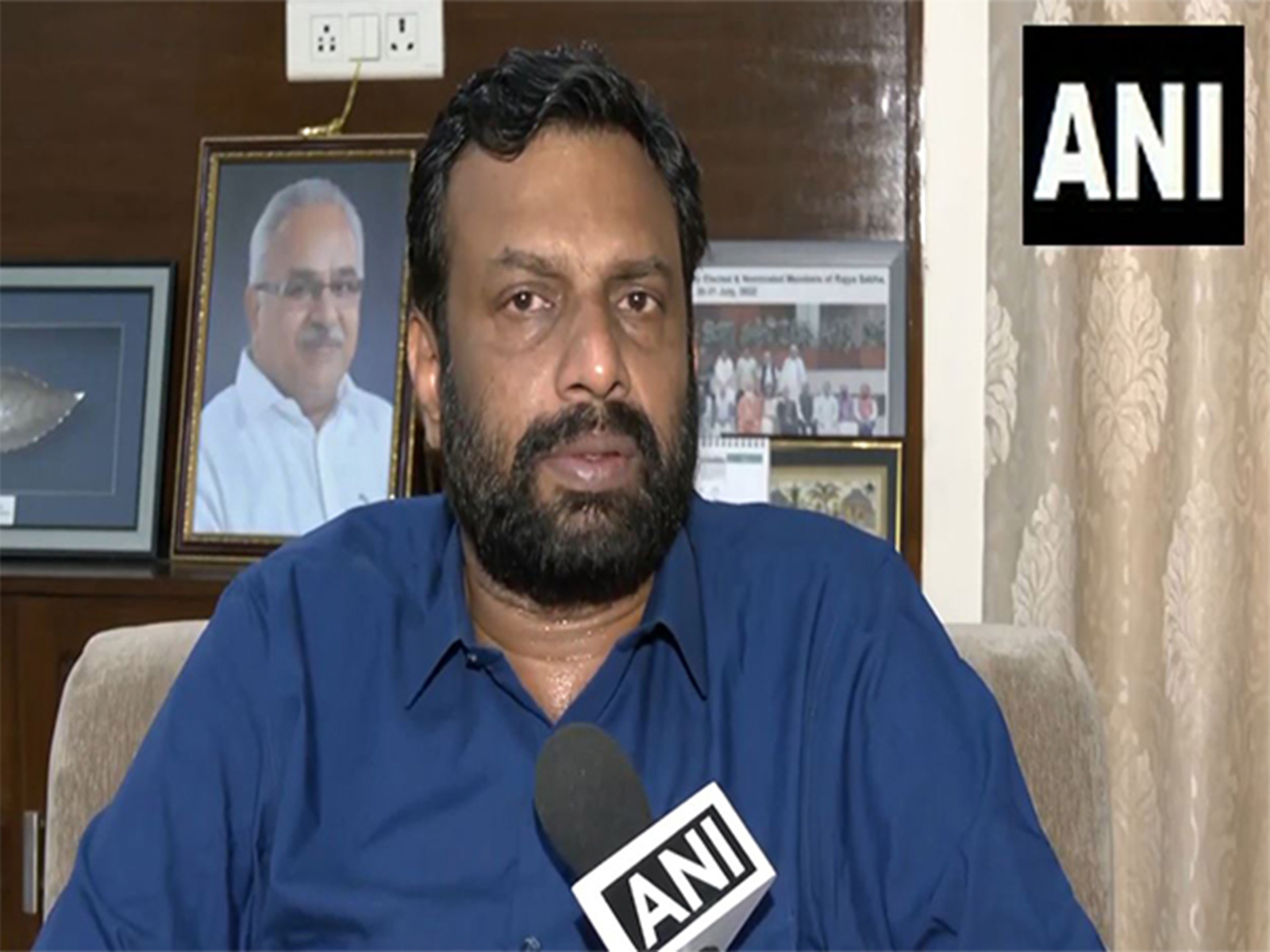
CPI's position on Waqf Amendment Act vindicated: MP Sandosh Kumar
Sep 15, 2025
New Delhi [India], September 15 : The Communist Party of India (CPI) welcomed the interim relief granted by the Supreme Court through its order staying certain 'controversial' provisions of the Waqf (Amendment) Act, 2025.
CPI Rajya Sabha MP P Sandosh Kumar stated that the apex court's intervention confirms what the party has consistently argued, that the BJP hurriedly pushed through the amendments without proper discussion with the Muslim community or representative organisations, and that several of the provisions were discriminatory in nature.
"In particular, the requirement that only individuals practising Islam for five years could create a Waqf was a blatant attempt to restrict the rights of minorities," he said.
"These changes were clearly part of a broader design to stigmatise the Muslim community, deepen communal divisions, and open the way for arbitrary takeover of Waqf assets. CPI is among the petitioners who have challenged this law before the Court," he added.
Kumar underlined that the Court has not put the entire Act on hold. Several unjust provisions remain operative, while only those clauses deemed "patently unconstitutional" have been stayed.
"We hope that the judicial process will eventually lead to the annulment of all objectionable parts of the legislation and ensure that any law relating to religious endowments is evolved in a democratic and transparent manner, with due consultation. Such laws must strengthen, not weaken, the secular fabric of our Republic," he said.
Sandosh Kumar recalled that the CPI had strongly opposed this legislation inside Parliament and mobilised protests outside as well, warning that they were designed to target minorities and undermine their rights.
The Party reaffirmed its stand that the rights of religious minorities must be fully protected in a plural and secular democracy like India.
The Supreme Court on Monday refused to stay the entire Waqf (Amendment) Act 2025, but put on hold certain provisions pending the final adjudication of petitions challenging the constitutional validity of the Act.
A bench of Chief Justice of India BR Gavai and Justice Augustine George Masih observed that some sections of the amended Act need some protection.
Passing the interim order, the bench stayed the provision in the Act that a person should be a practitioner of Islam for five years to create a Waqf.
It said the provision will be stayed till rules are framed on determining whether a person is a practitioner of Islam. The bench said that without any such rule or mechanism, the provision will lead to an arbitrary exercise of power.
The apex court also stayed the provision allowing the Collector to decide the dispute whether a Waqf property has encroached upon a government property.
It said the Collector cannot be permitted to adjudicate the rights of personal citizens, and this will violate the separation of powers.
The top court held that till adjudication happens by the Tribunal, no third-party rights can be created against any parties, and the provision dealing with such powers to the Collector shall remain stayed.
The apex court also said that the provision that not more than three non-Muslim members should be included in the state Waqf Board, and that, in total, not more than four non-Muslims shall be included in the Central Waqf Councils for now. The court also noted that, as far as possible, the CEO of the Board should be a muslim.
It, however, did not interfere with the provision mandating registration, considering that it is not a new requirement, as this condition was there in the previous enactments of 1995 and 2013 as well.
